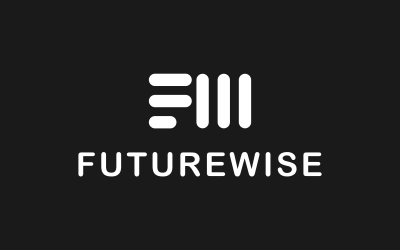“When you invent the ship you also invent the shipwreck”
This is a quote attributed to the philosopher Paul Virilio which really encapsulates some of the opportunities and challenges that new technology brings. While the benefits are well known sometimes the risks and concerns creep up on us moreso, for example:
- The moment we invented genetic editing we created the possibility for designer babies
- The moment we created algorithms to help understand our preferences, we also created huge biases based on the humans who designed the algorithms
- The moment we created the smartphone we also created a generation of people losing basic social skills as they avoid conversations with 24-7 earphones and avoid the messiness of real life conversation by texting not talking.
As we turn to the world of work we are living through the most amazing global experiment demonstrating how well people are working from home, however human behaviours have not kept up with the speed of technology, so while you may have embraced remote and flexible work, think of how your company will react to the following scenarios:
- Your company asks all employees who would like to continue to work from home and who would like to come back to the office some of the time? Will there will be some sort of career judgement on employees who want to continue full remote working?
- Your company is making redundancies, will there be any bias to those who work remotely or further afield, will they be able to counteract “distance bias”?
- While people have worked very hard remotely, some say better than in the office, is there still a belief among management that to be more innovative and creative you need people back in the office, if so how will this affect remote workers?
Just like nobody thought that in 1909 the biggest ever ship Titanic could end up as a shipwreck, we do need to attune ourselves to the fact that technology is moving at a much faster pace than our inherent beliefs. Try to spend a little more time questioning not the policies created around technology but how you think they will actually be implemented when humans start to think them through.

